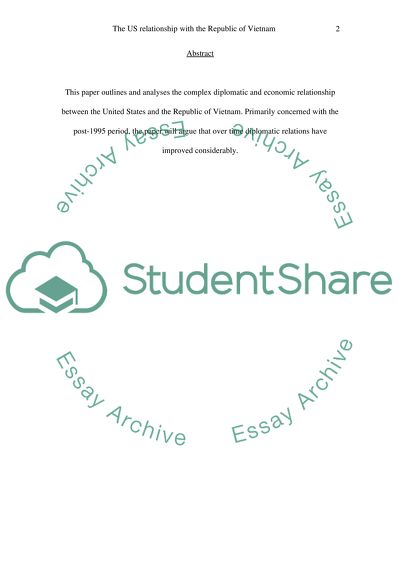Cite this document
(“Vietnam the history of, and the political policies of the United Term Paper”, n.d.)
Vietnam the history of, and the political policies of the United Term Paper. Retrieved from https://studentshare.org/miscellaneous/1566199-vietnam-the-history-of-and-the-political-policies-of-the-united-states-and-vietnam
Vietnam the history of, and the political policies of the United Term Paper. Retrieved from https://studentshare.org/miscellaneous/1566199-vietnam-the-history-of-and-the-political-policies-of-the-united-states-and-vietnam
(Vietnam the History Of, and the Political Policies of the United Term Paper)
Vietnam the History Of, and the Political Policies of the United Term Paper. https://studentshare.org/miscellaneous/1566199-vietnam-the-history-of-and-the-political-policies-of-the-united-states-and-vietnam.
Vietnam the History Of, and the Political Policies of the United Term Paper. https://studentshare.org/miscellaneous/1566199-vietnam-the-history-of-and-the-political-policies-of-the-united-states-and-vietnam.
“Vietnam the History Of, and the Political Policies of the United Term Paper”, n.d. https://studentshare.org/miscellaneous/1566199-vietnam-the-history-of-and-the-political-policies-of-the-united-states-and-vietnam.


